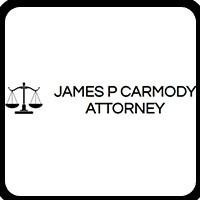Doran Collection Lawyer, Virginia
Not enough matches for Doran Collection lawyer.
Below are all Doran Bankruptcy & Debt lawyers.
James P Carmody
✓ VERIFIEDBankruptcy, Family Law, Credit & Debt
Since 1976, Mr. Carmody has provided outstanding legal services for bankruptcy, divorce, custody issues, and adoption proceedings to clients in the gr... (more)
Jordan Christopher Pennington
Estate, Child Custody, Divorce & Family Law, Criminal, Collection
Status: In Good Standing
David Joseph Hutton
Commercial Real Estate, Real Estate, Government, Bankruptcy & Debt
Status: In Good Standing
Robert Tayloe Copeland
Commercial Real Estate, Real Estate, Corporate, Bankruptcy & Debt
Status: In Good Standing
Michael Mclaughlin
Tax, Dispute Resolution, Juvenile Law, Bankruptcy
Status: In Good Standing Licensed: 11 Years
Robert Tayloe Copeland
Commercial Real Estate, Real Estate, Bankruptcy & Debt
Status: In Good Standing
Joshua Price Sutherland
Lawsuit & Dispute, Divorce & Family Law, Criminal, Bankruptcy & Debt
Status: In Good Standing


